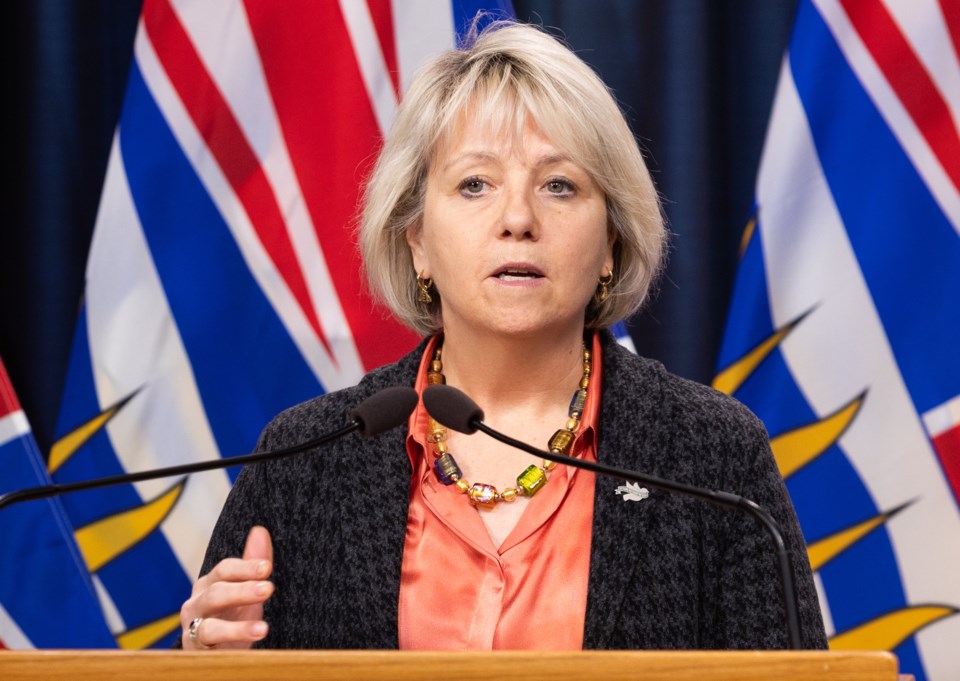One of the many useful things I learned in social work school was to be a good listener.
Listening to clients – and my kids – is crucial to understanding where they are at. How are they feeling? What are their hopes and fears. What keeps them up at night and why?
Only when I’ve listened can I really start to decide how to help.
Early in my career I learned something that quite honestly was a real shock – many people with alcohol use disorder or problems with drug use (prescription drugs or street drugs) didn’t want to quit. I would already be with phone in hand to refer a client to a detox centre or treatment program and the person would say “no thanks,” or if I managed to convince them to go they would end up right back in my office a few months later with the same problems.
I learned two things in my first years of social work practice: the experience of trauma – something that happens to varying degrees to all of us – is often the underlying reason people abuse alcohol and street drugs. Treat the trauma and you treat the addiction.
I also learned you can still help people with addictions even if never they don’t want to quit. Never give up on someone.
Harm reduction and safe supply are the two most important tools for working with people who are actively using substances. It can be as simple as cutting back your consumption of beer or wine or using clean drugs that won’t kill you or land you in an expensive prison cell or hospital bed.
Once you have secured an agreement to harm reduction, you can start building a therapeutic relationship and work for positive change.
But dead people cannot recover. That’s why Dr. Bonnie Henry has done us a world of good as a public servant. As a doctor, she has removed the politics from harm reduction and given us a detailed, evidence-based report on safe supply. No, safe supply drugs are not being diverted to kids in playgrounds and yes, safe supply saves lives.
Ending safe supply “will not save a single life,” as minister of mental health and addictions Jennifer Whiteside has stated.
Fewer than 5,000 people in BC are currently receiving Prescribed Safe Supply, the report states, out of an estimated 115,000 people living with opioid use disorder. The program works and needs to be expanded – urgently.
Ending safe supply, as demanded by some folks who have never spent an hour trying to help an alcoholic or drug user, would deprive clinicians such as myself of one tool in my toolbox. It’s an important tool that allows me to listen to clients and meet them where they are at.
The attempt to politicize safe supply by associating it with unpopular figures such as prime minister Justin Trudeau has been entirely counterproductive. Now more than ever, facts matter.
Dr. Henry has shone an evidenced-based light on a challenging issue – now let’s all take a collective breath, step back and let the professionals do their job.
As I was writing this at Horseshoe Bay Ferry Terminal, a fire truck, ambulance and three police vehicles attended what appeared to be either an overdose or toxic drug crisis – just imagine the cost of that one single event. The war on drugs was never a sustainable option for dealing with addiction.
John Richmond is a clinical social worker with a speciality in mental health and addictions, and the branch representative for Sunshine Coast/North Shore/Vancouver/Sea to Sky/BC Association of Social Workers.
Join the Peak's email list for the top headlines right in your inbox Monday to Friday.




